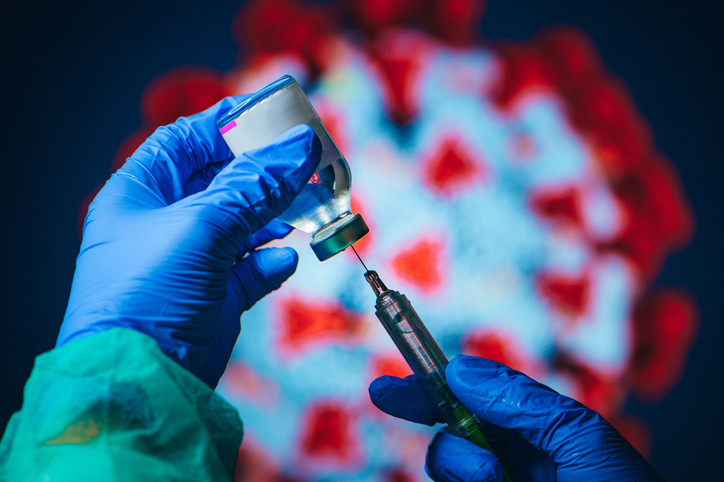This is a guest post from HDR UK Wales and Northern Ireland
As part of our ongoing commitment to bring forward the next generation of data scientists, we welcomed two undergraduate interns to the Data Science Building this summer. Sam Dobbie and Christina Meggs have just finished their first year studying Computer Science at Swansea University and will be spending 12 weeks embedded with the HDR UK project teams, working on individual projects.
We spent some time with Christina and Sam to learn more.
Christina Meggs
 “When the summer internship advert arrived in my inbox I was keen to apply as it’s so hard to get decent work experience as a first year. I really wanted to apply what I had learnt to the working world, earning extra money over the summer was a bonus. I was excited to get started on my project, which focusses on applying a more accurate tool to predict multi-morbidity, which would influence health care decisions. I’m working with a huge dataset and I have the flexibility to use a variety of tools.
“When the summer internship advert arrived in my inbox I was keen to apply as it’s so hard to get decent work experience as a first year. I really wanted to apply what I had learnt to the working world, earning extra money over the summer was a bonus. I was excited to get started on my project, which focusses on applying a more accurate tool to predict multi-morbidity, which would influence health care decisions. I’m working with a huge dataset and I have the flexibility to use a variety of tools.
I’m finding the work really satisfying as it’s challenging and involves working on anonymised healthcare data. I was surprised to be working on a real-life project that plenty of others would end up benefiting from. I’m starting to plan my final presentation this week to show the results of my project.”
Sam Dobbie
 “Any initial nerves I had on my first day soon evaporated, as several of us started at the same time, with everyone I met being incredibly friendly. It’s also enjoyable being part of a team and having the opportunity to use new project management tools such as Jira, which Christina and I have both found to be a bit of a challenge to get used to initially.
“Any initial nerves I had on my first day soon evaporated, as several of us started at the same time, with everyone I met being incredibly friendly. It’s also enjoyable being part of a team and having the opportunity to use new project management tools such as Jira, which Christina and I have both found to be a bit of a challenge to get used to initially.
My project focusses on Natural Language Processing (NLP) to garner meaning from free text in medical paperwork. It’s fascinating and an area that I have an interest in.
During my interview, I was asked if I had a preference in terms of what I would like to work on, but I didn’t expect I would have the opportunity to work on such a potentially impactful project. I assumed that instead I would be working on a small side-project, or simply checking the work of others – having my own individual project to work on is exactly what I wanted. The team also have a great approach as they push you to do your best but are always willing to help out if you need it.”
Professor Ronan Lyons, Research Director explains;
“There is no substitute for relevant work experience and these opportunities have been designed to provide tangible benefits for both us and our interns. The projects offer a chance to take the lead on a piece of work and see it through to completion which will look great on their CVs.”
Ashley Akbari, Senior Research Manager and HDR UK Data Scientist goes into more detail;
“We hope to continue to expand the programme each year as it allows us to introduce the next generation of data scientists to the range of opportunities available. They gain real world experience and access to anonymised healthcare records along with active participation in a research centre and group. Using agile methods to plan and conduct their workloads for themselves along with being immersed in a collaborative environment will develop vital skills for ongoing project and personal management.”
As far as future career plans go, both are still considering all their possible options;
“I’m unsure what path I’d like to go down as I still have two years left of my course but I find health data interesting. I remind myself I’m working with data with a clear goal to help improve population health. That’s been rewarding.” Says Christina.



